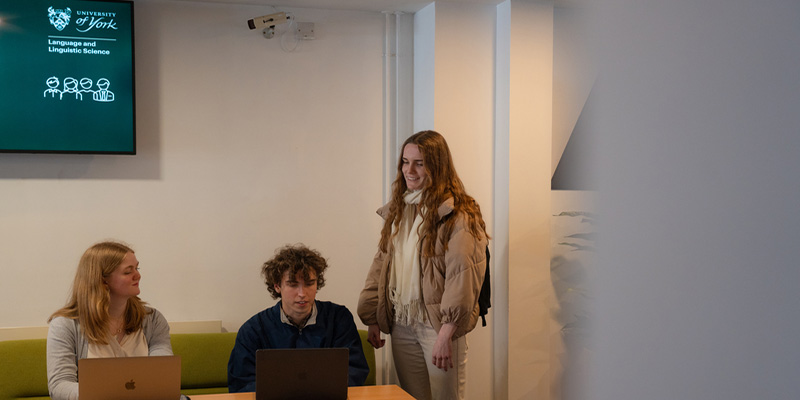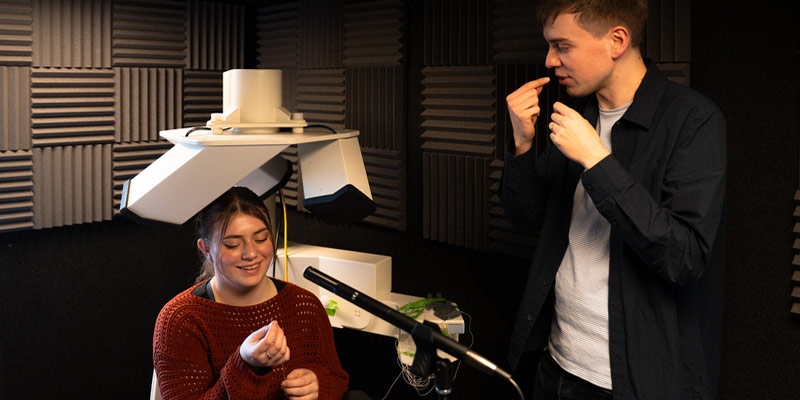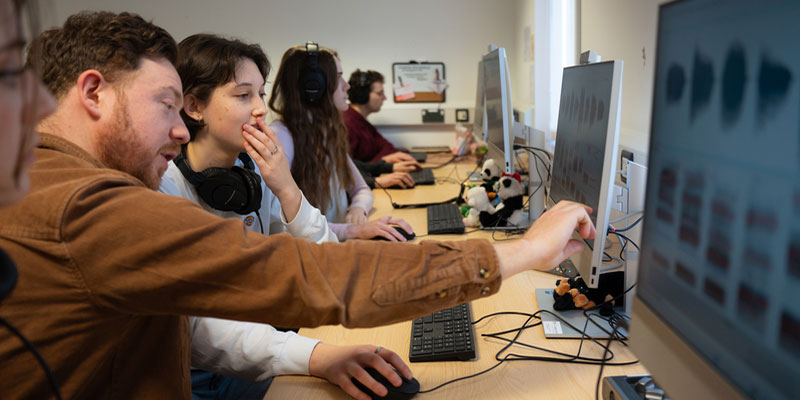| Length | Start dates (semester dates) | |
|---|---|---|
| PhD |
3 year full-time |
September, January |
Join one of the world's most prominent and highly-ranked teaching and research centres for forensic speech science.
Your research
Forensic speech science is the application of methods from linguistics and phonetics, signal processing, and computer science to legal casework. This can involve: comparing the voices of an unknown criminal and a known suspect, determining the region and social background of an unknown criminal where a suspect does not exist, determining the content of a disputed utterance, orthographic transcription, as well as audio authentication and enhancement.
This course aims to facilitate complex and dynamic research on a topic relating to forensic speech science. You'll become part of a distinguished research community with an incredible reputation and given the opportunity to make your mark in the field. We work with colleagues across faculties, making research at York a truly interdisciplinary experience.
In your first year, you'll submit a 2,000-word summary of your project so far, then a 5,000-8,000 word summary in your second year. The culmination of your PhD will include a dissertation and a viva voce exam. Your dissertation may be in monograph format of 60-80,000 words in length, or by articles, where you will produce at least three works of publishable quality. Your work will be assessed by internal and external examiners during a viva voce examination, who will feed back on your work, and may require corrections.








